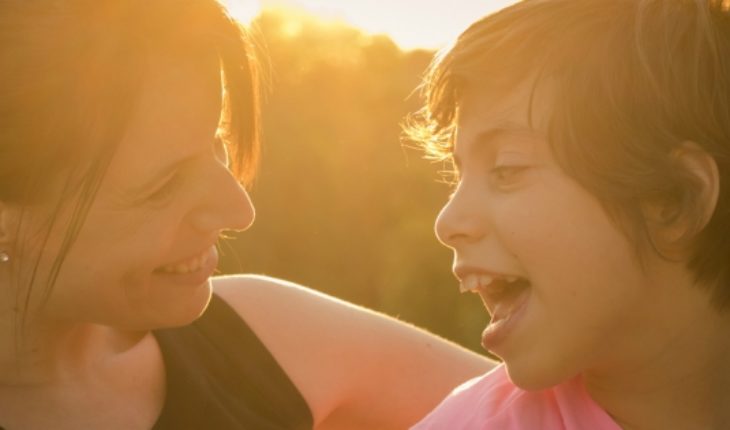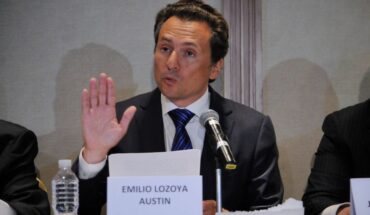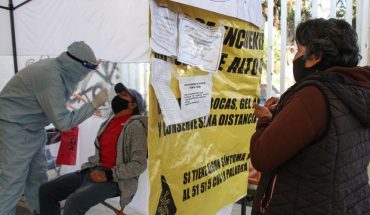in the last days, we have witnessed in the social networks of diverse cases of discrimination based on disability in the school system in Chile. The best known was the case of Catalina, a child with cerebral palsy who failed a dictation by not being able to write by hand given his condition.
Then came Julian, a child with down syndrome whose family is gathering signatures because the College which has attended the past years – garden, pre-k and kindergarten – told them in November of last year that neither this nor any other year he was going to basic education because e llos did not admit special needs.
Both are cases of discrimination. In the first, due to lack of curricular adaptations than by Decree 83 to perform by law in all over Chile, which prevents due process education of Catalina. In the second case, simply closed the doors to Julian and left him out because of his condition. School inclusion is about access, process and egress.
However, it has been even more sad to read all the comments on social networks supporting this discrimination, many people who challenge each other and blame parents for wanting their children to attend a regular school. This was the really painful: note that as a society we are still far from having a full inclusion, one that does not mean an exhausting struggle for each family, but is already established.
Laws in Chile are pretty good in terms of inclusion for people with disabilities. Today, after seeing this reaction of the society on the networks, I think that even are a luxury considered the mentality that still persists in Chile: a person with a disability is seen as less valid and must be segregated. The same speech of 1978 when we had the first Telethon.
Discrimination exists there intent or not to discriminate. Lack of adaptations curricular to evaluate to Catalina and the lack of preparedness of the establishment to greet Julian constitute discrimination because of disability. Because what determines it is the effect or result of such actions. All legal bodies we currently support, what we lack is that society really understand that disability environment creates it when you put barriers and that persons with disabilities are that: people.
Catalina and Julian are the cases that came to public light. But there are thousands like them. It is estimated that 1 of every 20 children have special educational needs and all of them manage to educate themselves are exceptional cases that are opening the way to future generations. Because I know that in one or two decades, this will be normal and we’ll even talk of inclusion.
But today are failing them and that all children and young people in Chile. Because when it defends discrimination, is still instilling an ideal of normalcy that does not exist, is still teaching is well reject the difference and be afraid. It is still lying to them, because we are all different, but we have the same rights.
We need to move towards a culture of respect and equality, we all need it.
Poured in this op-ed content is the sole responsibility of the author and do not necessarily reflect the editorial line nor the counter position.





